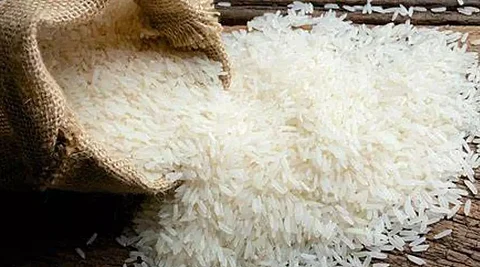
- Home
- Live Blog
- Breaking News
- Top Headlines
- Cities
- NE News
- Sentinel Media
- Sports
- Education
- Jobs

OUR CORRESPONDENT
ITANAGAR: The Pakke Tiger Reserve Foundation (PTRF), in collaboration with the Wildlife Trust of India (WTI), on Friday distributed rice to 69 local households that were affected by human-elephant conflict in Pakke Kessang district of Arunachal Pradesh this year. As many as 69 quintals of rice were distributed to the affected families at Seijosa, staying in close proximity to the Pakke Tiger Reserve in the district, an official of WTI informed. The distribution was carried out as a component of the ‘Grain-for-Grain’ initiative for the years 2022–23, Panjit Basumatary, Manager of the Centre for Bear Rehabilitation and Conservation (CBRC) under WTI, informed.
Local MLA Biyuram Wahge, who is also the president of the state BJP unit, distributed the rice in the presence of Pakke Kessang deputy commissioner Tayek Pado, divisional forest officer Satyaprakash Singh, and range forest officer Seijosa Rubo Tado. WTI's wild aid programme facilitated the distribution of grain, with support from the David Shepherd Wildlife Foundation. This year, the state forest department and WTI provided ex-gratia to a family affected by an elephant conflict near the Tippi Elephant Corridor this month. The conflict resulted in severe injuries to the victim.
India has around 101 government-notified elephant corridors. Locals in and around these locations experience an annual loss of over 400 human lives and crops due to conflict with wild elephants, while around 100 elephants are killed in response, Basumatary said. WTI developed the ‘Grain-for-Grain’ scheme with the aim of providing assistance to farmers and reducing instances of retaliation against elephants. “Individuals living near the Pakke Tiger Reserve are greatly impacted by issues of wildlife crop depredation. The initiative was part of a study funded by the US Fish and Wildlife Service that was introduced in the reserve in 2005,” Basumatary said. The ‘Grain for Grain’ programme has benefited 500 families till date. However, there has been a gradual increase in the number of beneficiaries, which indicates a rise in wildlife conflicts, and the reporting of such cases to the forest department has also increased proportionately, he added.
Also Watch: